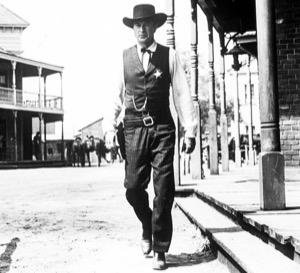CenturyLink tones down deadline threat to CPUC

Okay, maybe not high noon. But can we say twelve-ish?
When CenturyLink and Level 3 Communications signed their marriage license, they set an 11 month time limit to take their vows. That’s common enough in major transactions – setting closing dates makes it easier to structure financial packages and it keeps everyone focused on getting it done. But blowing past such deadlines is not uncommon either, and coming to agreement on extensions is a relatively straightforward process, if the companies involved still want to make it happen.… More





![Chris Fox [CC BY-SA 2.0 (https://creativecommons.org/licenses/by-sa/2.0)], via Wikimedia Commons](https://www.tellusventure.com/images/2017/5/steam_train.jpg)
![By BrokenSphere (Own work) [CC BY-SA 3.0 (https://creativecommons.org/licenses/by-sa/3.0) or GFDL (https://www.gnu.org/copyleft/fdl.html)], via Wikimedia Commons](https://www.tellusventure.com/images/2017/7/pge_truck.jpg)

![See page for author [CC BY 4.0 (https://creativecommons.org/licenses/by/4.0)], via Wikimedia Commons](https://www.tellusventure.com/images/2015/3/reach.jpg)